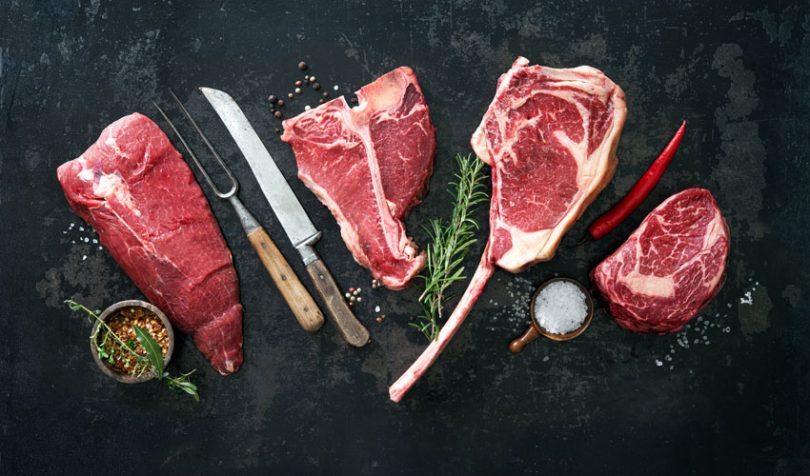“The world is changing… blockchain is really the only way to go,” Steven C. Lupien, President and Co-Founder of BeefChain
Food traceability has become a priority in the food industry, with consumers demanding healthier products combined with various GMO free, hormone free and grass-fed attributes. Once a food-related health risk is discovered, companies and governments alike struggle with the repercussions. Take, for instance, the 2006 U.S. spinach and E. coli outbreak. Trying to trace the cause of the outbreak through the supply chain from retailer to farmer involves a lot of work, including for regulators. And in turn, it devastates public trust in the supply chain.
Not only does the reputation of a particular product or company plummet, but the mishandling of food traceability could also be devastating for the company. Peanut Corp. of America (PCA) no longer exists due to their part in “one of the most massive and lethal food contamination cases in the U.S.” according to Food Processing magazine. It’s estimated that the cost to the industry was $1 billion in lost production and sales, and ultimately, one of the executives ending up in jail for 28 years.
BeefChain, a blockchain startup, uses the technology to allow consumers to trace their beef products. In April 2019, Beef Chain achieved a United States Department of Agriculture (USDA) Certification with the Process Verified Program. This means that certain characteristics, such as being hormone free, are treated as audited and certified in line with U.S. food safety regulations.
This year, BeefChain has partnered with IOHK, the technology firm behind the Cardano public blockchain. IOHK will help BeefChain in the technological aspects of their blockchain tracing endeavor, by supporting them in using Cardano and the IOHK Atala Trace solution. BeefChain works with the University of Wyoming, which received a $500,000 cryptocurrency donation from IOHK to support its Blockchain R&D Lab.
With BeefChain, ranchers will see a significant return on investment with every cow they tag. Because BeefChain enables that USDA “Process Verfied Program” stamp of approval, ranchers can sell the meat for an extra $0.05-0.50 per pound, which can amount to $30,000 with every herd. Furthermore, using blockchain may eliminate some intermediaries in the supply chain, although this has not yet been used.
How does it work?
The cows get tagged with RFID tags, costing $5 each, which can upload data to an immutable blockchain. By using these tags, a calf has a unique identity and can be tracked as it grows, is sold and moves through the supply chain to the retailer. Consumers can access this identity using a QR code, which once scanned, will take them to the BeefChain website and the ranch from which their beef has been farmed. The process was demonstrated as part of the ‘Proof of Steak’ segment of the Cardano Virtual Summit.
Apart from consumer traceability, the solution can save significant sums in the case of food recalls. An IBM / Walmart trial found it would reduce the time of a food recall from 7 days to 2.2 seconds to track mangos’ origins from across the world. Because the source can be quickly pinpointed, it avoids the wasteful removal of all the uncontaminated mangos from the shelves.
According to the Proof of Steak Summit, BeefChain is ‘very close’ to its goal of having blockchain beef tracing become a reality, having sent the first pilot batch of blockchain beef to Taiwan in February 2019.
However, the company has competition. In the U.S., ripe.io has a relationship with Dairy Farmers of America. And in Australia, there is AgLive and BeefLedger, which is targeting exports to China.
The U.S. Food and Drug Administration (FDA) is mulling blockchain for food traceability and last month GS1 US said it ran a blockchain trial with FoodLogiQ, IBM Food Trust, ripe.io and SAP.
The Ledger Insights team does not have cryptocurrency holdings






